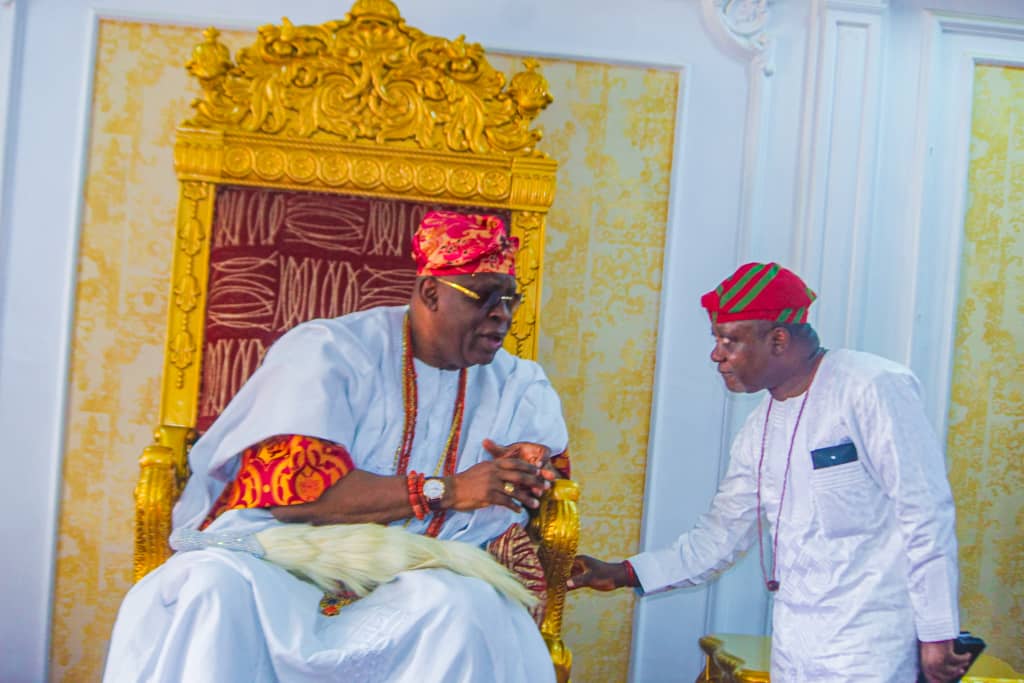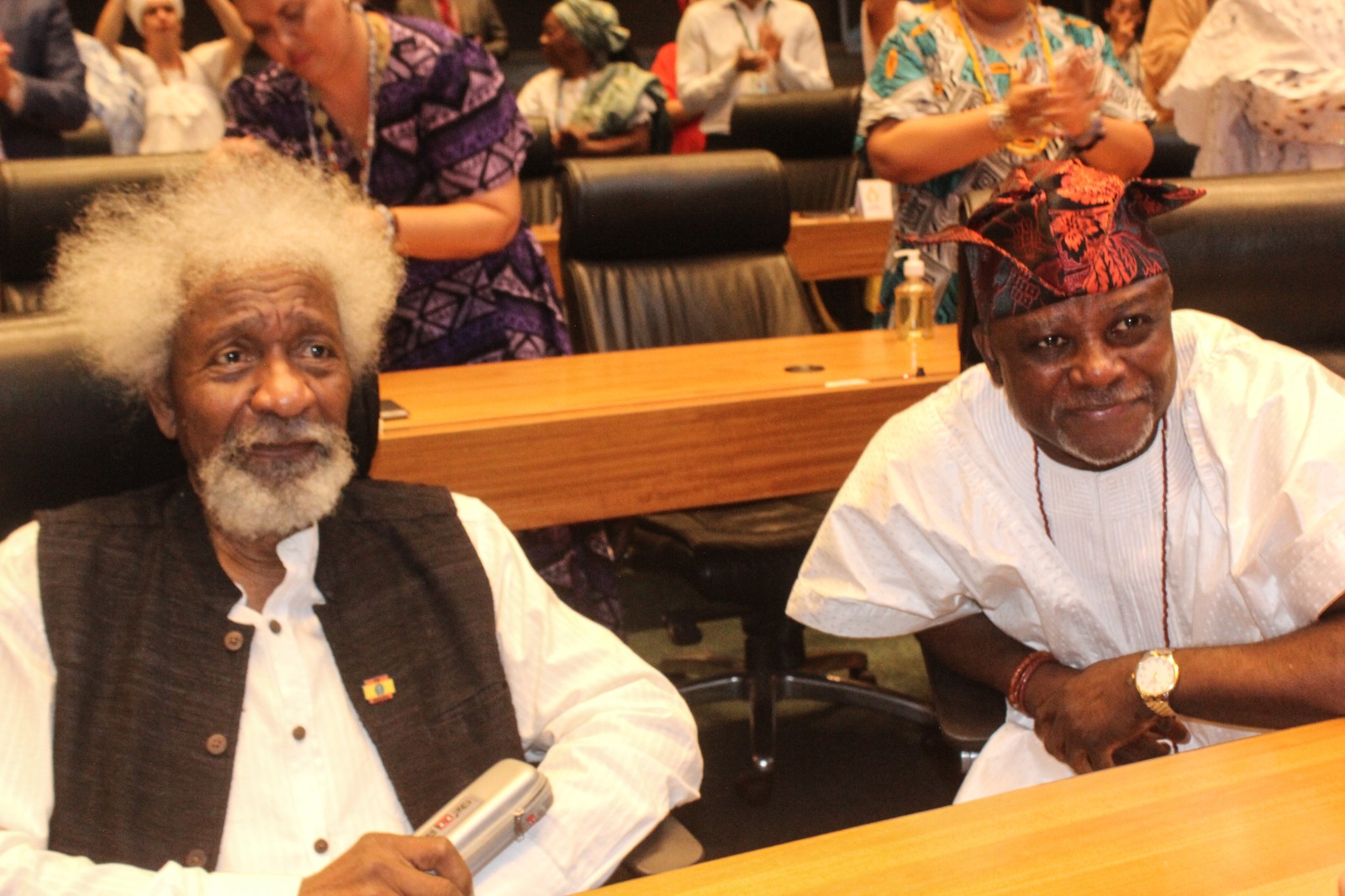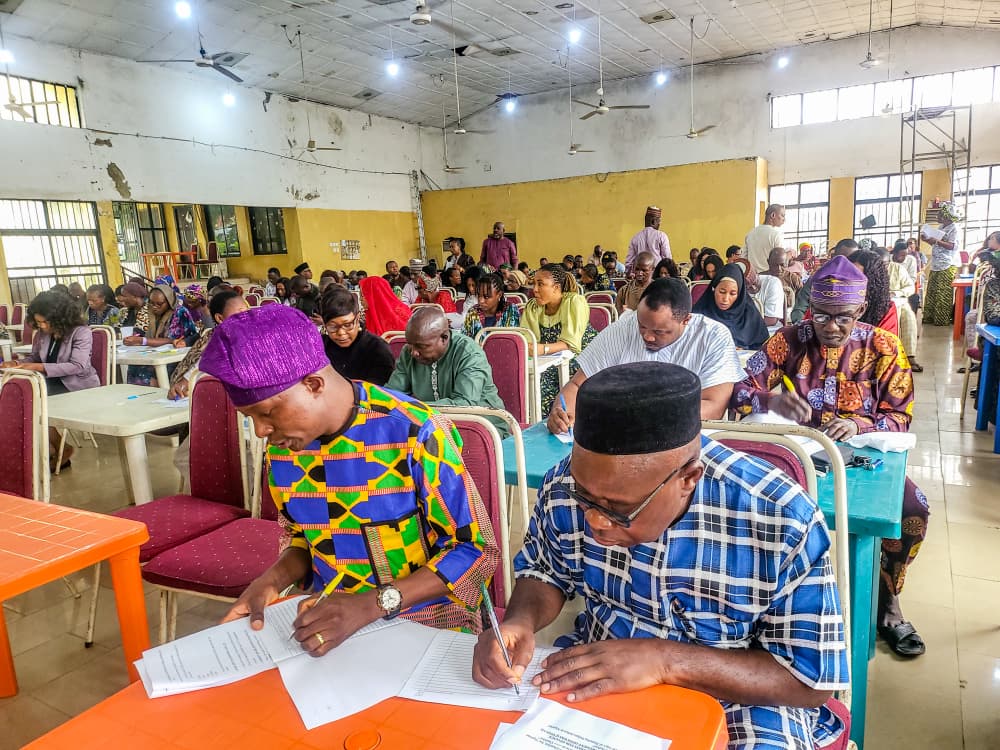 The Executive Secretary of the National Institute for Cultural Orientation (NICO), Dr. Barclays Foubiri Ayakoroma, has called on relevant agencies to encourage Nigerian entrepreneurs who operate restaurants outside the country, saying since Nigerians are very patriotic about indigenous foods, the nation’s food culture can indeed be used as a medium for Nigeria’s cultural diplomacy.
The Executive Secretary of the National Institute for Cultural Orientation (NICO), Dr. Barclays Foubiri Ayakoroma, has called on relevant agencies to encourage Nigerian entrepreneurs who operate restaurants outside the country, saying since Nigerians are very patriotic about indigenous foods, the nation’s food culture can indeed be used as a medium for Nigeria’s cultural diplomacy.
Ayakoroma made this call on Thursday, October 3, 2013, during an interview session on Aso Radio, 93.5 FM, Abuja, on the programme, “Culture and Tourism,” hosted by Uche Madueke, which had its focus, “Culture as a Tool for Socio-Economic Transformation.”
According to him, Nigerian Kitchens outside the country could actually thrive because of the African populace and it will be imperative for relevant agencies to encourage them just as there are Chinese Restaurants all over the world.
His words: “For me, I believe the only aspect that Nigerians are very patriotic is their food because there is no Nigerian that will go out of this country to a foreign land for one week and he will not look for where to “swallow,” be it eba, semo or pounded yam.”
Further justifying that culture can be used as a tool for socio-economic transformation, Ayakoroma said Nigeria had all it takes to generate income from the culture sector; and for NICO, whose mandate is training, capacity-building and sensitization, there is no going back until the people get to appreciate the potentials and enormous opportunities in the culture sector.
Making reference to the just concluded National Festival for Arts and Culture (NAFEST), which took place recently in Yenagoa, Bayelsa State, the NICO Boss recalled how the Bayelsa State capital was agog with cultural troupes and NGOs that were mobilized for the programme, which also featured a bustling cultural market.
“We had adire makers, fashion designers, fine artists, sculptures, people who make beads, and so on, coming to display their own products. So, the returns to the local economy cannot be overemphasized and that is where you can access any positive impact on the society. Then we talk about mobilizing people; people come out in their numbers to celebrate such events; and I always say that apart from football, festivals are the other aspects that you can use to unify people. In our communities, once there is any cultural event, people come together and animosities are forgotten and people make friendships; there are new acquaintances and, of course, business booms. So, it is true that culture is an instrument for socio-economic transformation,” he said.
Highlighting some of the areas NICO is making conscious efforts in reviving our cherished cultures which, he agreed, are almost fading away, Ayakoroma expressed concern that while the Institute has continued in its efforts towards the usage of our local languages through the Nigerian Indigenous Language Programme (NILP) platform, it is becoming obvious that NICO is virtually begging people to come and learn their indigenous languages, a situation he described as unfortunate.
“When we want people to participate in programmes and it is like you want to force them… if people are paying to learn French or German or Chinese, then there is no reason why people should not happily learn their indigenous languages,” he noted.
While saying that parents, whose children cannot speak the indigenous language should be held responsible for having failed in their duty as parents to instill that aspect of their culture into their children, Ayakoroma reassured that NICO will continue to do everything possible to sensitize key players to factor into the various aspects of our cultures, saying if they package them well, they have the potentials to generate income.
Caleb Nor
Corporate Affairs
NICO, Abuja


